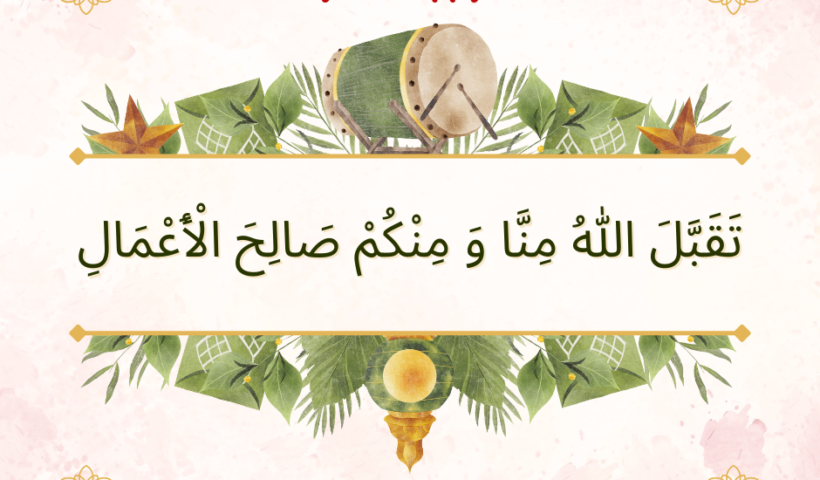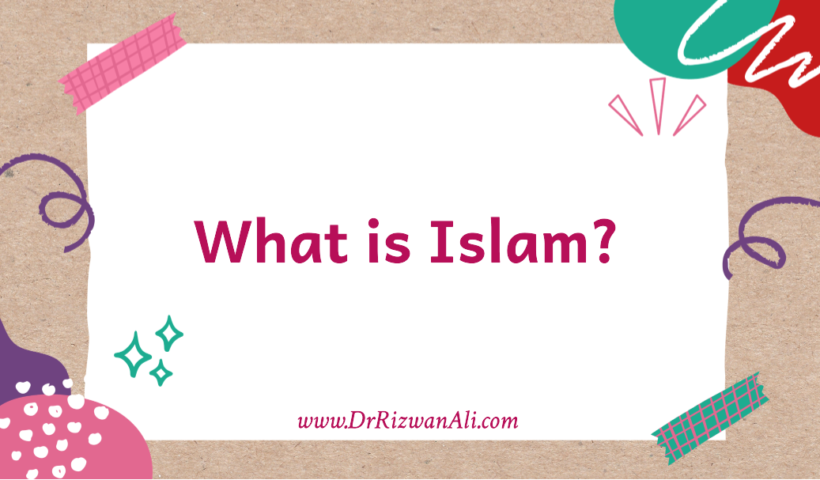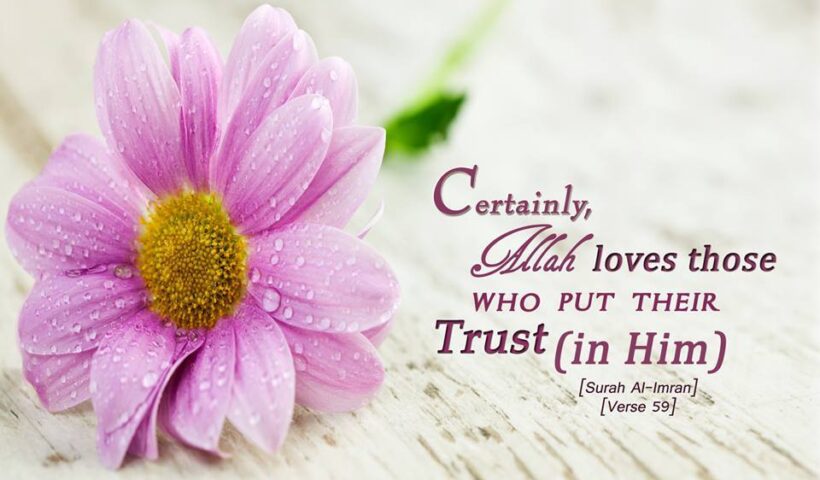Eid Ul Fitr is one of the most significant festivals in Islam, marking the end of Ramadan, the holy month of fasting. It is a day…
Click Here For Reading A Guide about Eid Ul Fitr and How is Eid Celebrated in Different Cultures?Category: Islam as Code of Life
Islam as Code of Life
What is Islam? An introduction to Islam. Islam is a complete code of life. It teaches us about our all activities, either it’s are related…
Click Here For Reading Islam as Code of Lifeاسلام مکمل ضابطہ حیات
دین #اسلام# (تحریر: ڈاکٹر رضوان علی) “اسلام ایک دین ہے جو مکمل #ضابطہ حیات ہے” یعنی دین اسلام زندگی گزارنے کے لئے مکمل اور مناسب…
Click Here For Reading اسلام مکمل ضابطہ حیات


